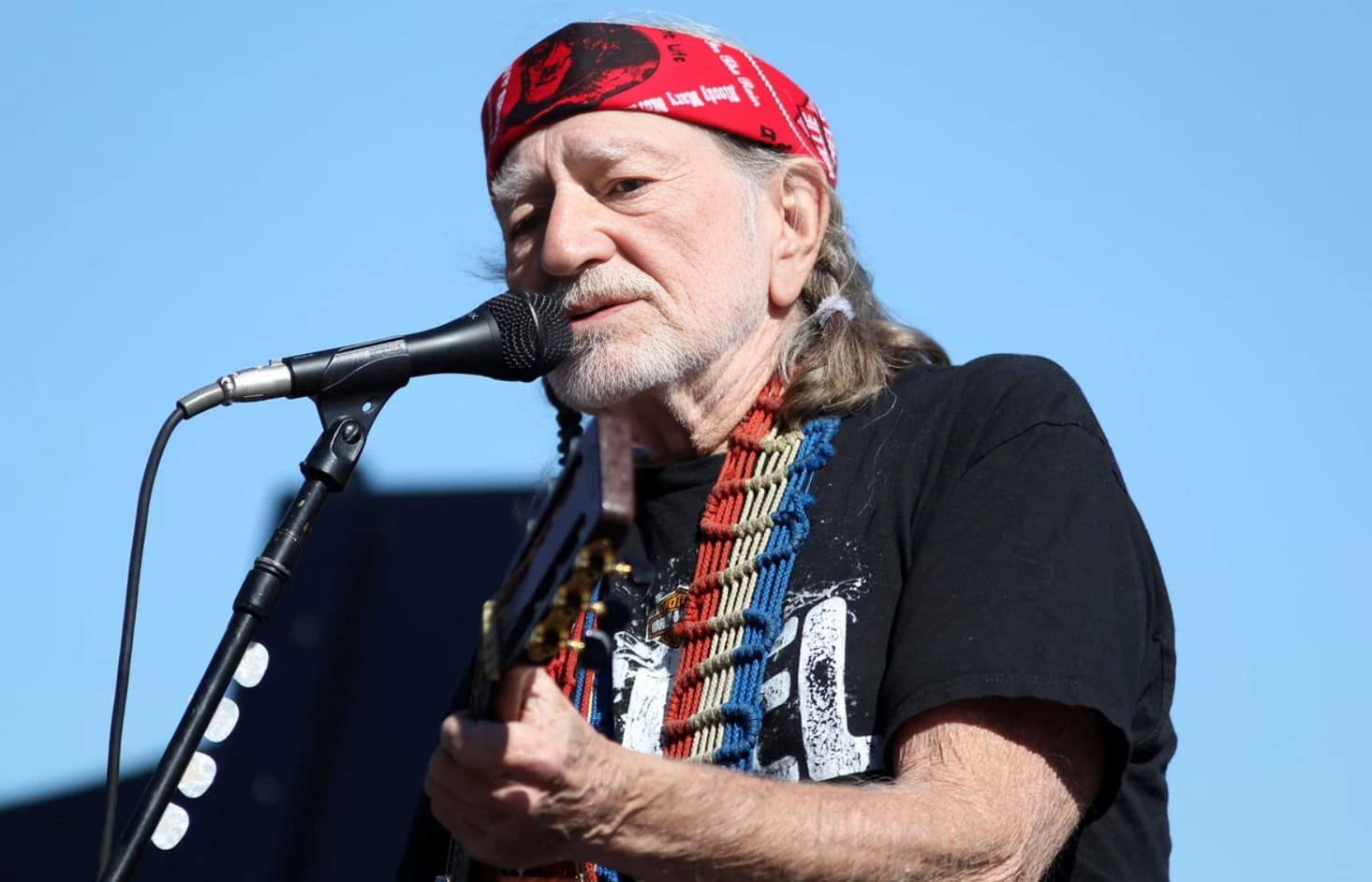
Willie Nelson, a name synonymous with outlaw country and a voice that embodies American resilience, has been captivating audiences for over six decades. A prolific songwriter, guitarist, and actor, Nelson has racked up countless accolades, including multiple Grammy Awards, CMA Awards, and a spot in the Country Music Hall of Fame. Beyond the awards, his impact is measured in the countless lives touched by his honest storytelling and unwavering authenticity. He’s charted dozens of albums on the Billboard charts, consistently finding ways to resonate with listeners across generations.
One of Nelson’s later works, “Ride Me Back Home,” released in 2019 as the title track of his studio album, exemplifies his continued ability to connect with profound human emotions. This song transcends the typical country tropes, delving into themes of compassion, aging, and the importance of providing comfort to those in need. While not necessarily a chart-topping hit in the traditional sense, “Ride Me Back Home” struck a deep chord with listeners, particularly those who have witnessed the effects of aging and loneliness.
The song speaks to the idea of bringing someone – or something, as the song’s origin stems from Nelson’s care for rescued horses – back to a place of safety and security. It’s a plea for empathy and understanding, urging listeners to offer support and companionship to those struggling, whether it’s a person, an animal, or even a fading memory.
The audience reception to “Ride Me Back Home” has been overwhelmingly positive. Many have praised its poignant lyrics and Nelson’s heartfelt delivery, finding solace and inspiration in its message. Online forums and reviews are filled with stories of how the song has resonated with listeners dealing with personal loss, caring for aging parents, or simply seeking a deeper connection to their own humanity. Ultimately, “Ride Me Back Home” serves as a testament to Willie Nelson’s enduring artistry and his ability to tap into the universal experiences that bind us together.